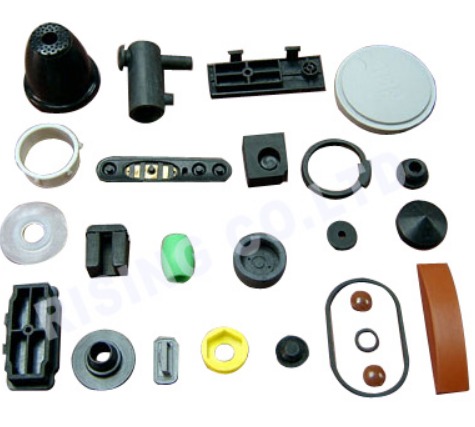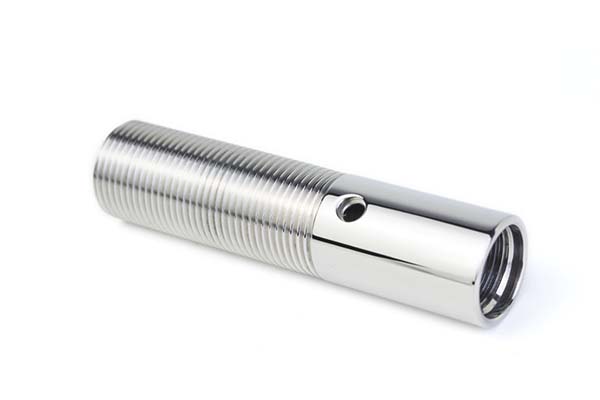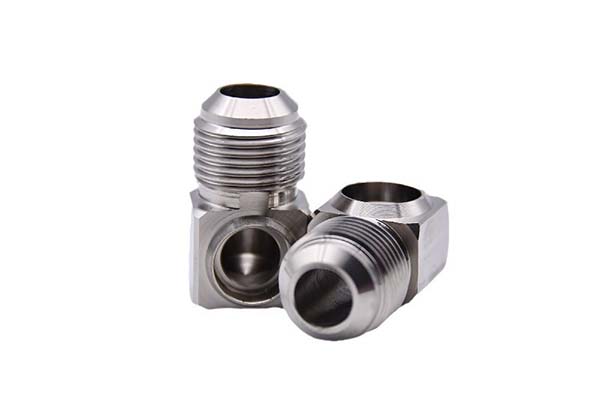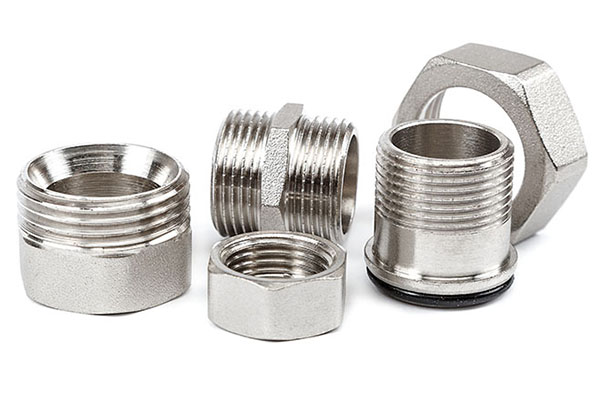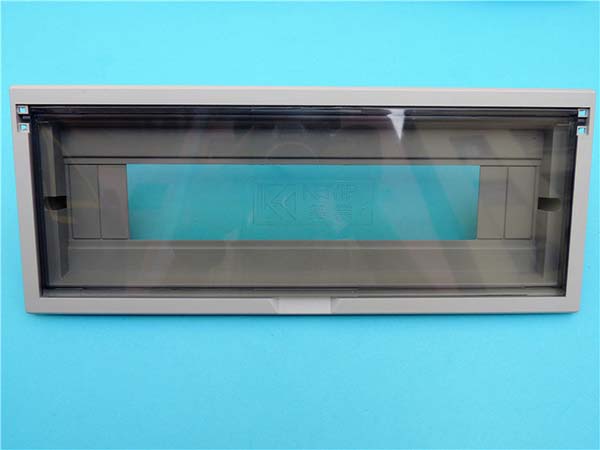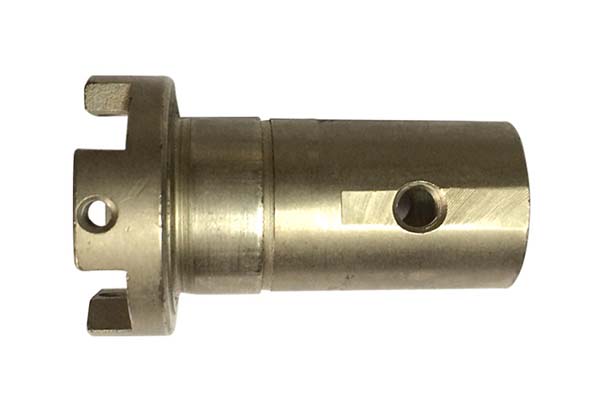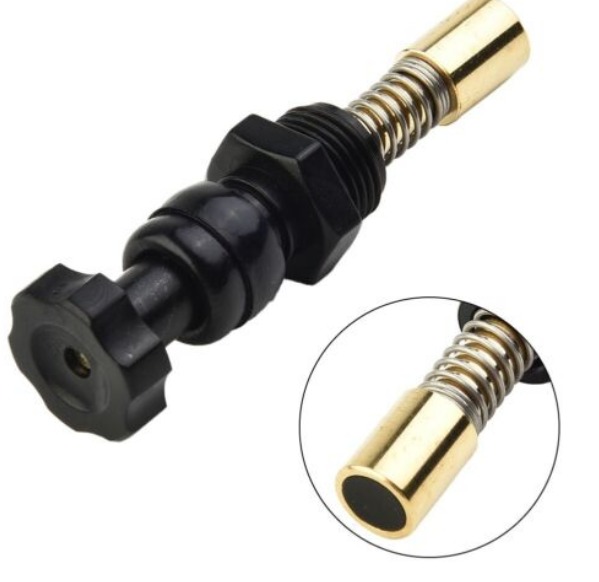The Significance of Selecting the Right CNC Machining Company
In the world of modern manufacturing, precision and efficiency are the keys to success. When it comes to CNC (Computer Numerical Control) machining, choosing the right company can significantly affect the quality of your products, cost control, and production efficiency.
Product Quality: High - precision CNC machining is crucial for industries such as aerospace, medical device manufacturing, and automotive. For example, in aerospace, components need to meet extremely tight tolerances. A reliable CNC machining company with advanced equipment and skilled technicians can ensure that each part is manufactured to the highest standards. If you choose a sub - par company, the result could be parts with dimensional inaccuracies, which may lead to product failures, recalls, and damage to your brand reputation. According to industry reports, about 30% of product recalls in the automotive industry are related to manufacturing defects, and choosing the right CNC machining company can help reduce this risk.
Cost Control: An experienced CNC machining company can help you optimize costs. They can recommend the most suitable materials based on your product requirements, which can save on material costs without sacrificing quality. For instance, they may suggest a less expensive but equally functional alloy for a particular application. Additionally, efficient production processes can reduce labor and machine - operating costs. A study showed that companies that switched to a more efficient CNC machining partner reduced their production costs by an average of 15 - 20% within the first year.
Production Efficiency: Time is money in the manufacturing world. A good CNC machining company can provide fast turnaround times. They have optimized production schedules and high - capacity equipment to handle large - scale orders promptly. For Yigu Technology example, in the consumer electronics industry, where product life cycles are short, getting products to market quickly is essential. A reliable CNC machining company can ensure that your parts are produced and delivered on time, helping you gain a competitive edge.
So, how do you find the right CNC machining company near you? Let's explore some key factors to consider.
Key Factors to Consider
1. Experience and Expertise
Experience is the cornerstone of a reliable CNC machining company. A company with years of experience in the field is more likely to handle various challenges that may arise during the machining process. They have a deeper understanding of different materials, machining techniques, and industry requirements. For Yigu Technology example, a CNC machining company that has been in the business for over 15 years is likely to have encountered a wide range of projects, from simple to highly complex ones.
Let's take a look at the following table comparing the experience of different CNC machining companies in various industries:
| Company Name | Aerospace Experience (years) | Medical Device Experience (years) | Automotive Experience (years) | Number of Successful Aerospace Projects | Number of Successful Medical Device Projects | Number of Successful Automotive Projects |
| Company A | 10 | 8 | 12 | 50 | 30 | 80 |
| Company B | 5 | 3 | 7 | 20 | 10 | 30 |
| Company C | 15 | 10 | 15 | 80 | 50 | 100 |
As shown in the table, Company C has the most extensive experience in all three industries. Their long - standing presence in these sectors indicates that they are more likely to have the necessary skills and knowledge to handle projects with high precision and quality requirements.
2. Equipment and Technology
Advanced equipment and technology are crucial for high - quality CNC machining. Modern CNC machines are equipped with the latest features such as high - speed spindles, multi - axis capabilities, and advanced control systems. For Yigu Technology example, a five - axis CNC machine can perform complex operations in a single setup, reducing the need for multiple setups and thus minimizing errors.
The following graph shows the impact of advanced equipment on machining accuracy and efficiency. When comparing a three - axis machine with a five - axis machine for machining complex parts, the five - axis machine can reduce the machining time by about 30 - 40%. For instance, a complex aerospace component that takes 10 hours to machine on a three - axis machine can be completed in 6 - 7 hours on a five - axis machine.
**
In addition to the number of axes, other technological features such as high - speed spindles can also significantly increase the material removal rate. A spindle with a speed of 20,000 RPM can remove material much faster than a spindle with a speed of 10,000 RPM, improving the overall efficiency of the machining process.
3. Quality Assurance
Quality assurance is a non - negotiable aspect of CNC machining. A reliable CNC machining company should have a comprehensive quality control process in place. This process typically includes inspections at various stages of production, from raw material inspection to in - process inspection and final product inspection.
For example, the company may use high - precision measuring instruments such as coordinate measuring machines (CMMs) to ensure that the dimensions of the machined parts are within the specified tolerances. According to industry statistics, companies that strictly follow international quality standards such as ISO 9001 have a defect rate that is 50 - 70% lower than those that do not. ISO 9001 certification indicates that a company has a well - defined quality management system, which helps in maintaining consistent product quality and enhancing the company's reputation in the market.
The quality control process may also involve sampling inspections for large - scale production runs. By randomly selecting a certain number of parts from a production batch for inspection, the company can detect any potential quality issues early and take corrective actions, reducing the risk of producing a large number of defective products.
4. Pricing and Cost - effectiveness
Pricing is an important factor when choosing a CNC machining company, but it should not be the sole determining factor. A low - priced quote may seem attractive at first glance, but it could come with hidden costs or compromises in quality. It's essential to consider the overall cost - effectiveness, which takes into account the quality of the work, the services included in the price, and the potential long - term savings.
Let's take a look at the following comparison table of quotes from different CNC machining companies for a specific project:
| Company Name | Quote (USD) | Included Services | Quality Rating |
| Company X | 10,000 | Basic machining, no post - processing | Good |
| Company Y | 12,000 | Machining, post - processing (deburring, polishing), quality inspection | Excellent |
| Company Z | 8,000 | Basic machining only, limited quality check | Fair |
Although Company Z has the lowest quote, it offers the least in terms of services and has a lower quality rating. Company Y, on the other hand, has a higher quote but includes valuable post - processing services and a more comprehensive quality inspection, which may result in a better - quality final product and fewer potential issues down the line. In this case, Company Y may be the more cost - effective choice when considering the overall value.
5. Customer Service and Communication
Good customer service and communication are often overlooked but are essential for a smooth machining project. A CNC machining company that communicates effectively with its customers can understand their requirements clearly, provide timely updates on the progress of the project, and address any concerns promptly.
For example, a customer shared their experience on an online review platform: "I worked with Company ABC for a complex CNC machining project. They kept me informed every step of the way, from the initial design review to the final delivery. Whenever I had a question, they responded within an hour. This level of communication made the entire process stress - free." Such positive customer reviews highlight the importance of good customer service.
It's advisable to choose a company that can provide regular updates, perhaps on a weekly or bi - weekly basis depending on the project duration. The company should also have a short response time, preferably within 24 hours, to any customer inquiries or requests. This ensures that any issues can be resolved quickly, minimizing delays and potential disruptions to the project.
Yigu Technology's Perspective
As a non - standard plastic and metal products custom supplier, Yigu Technology understands the significance of choosing the right CNC machining company. We prioritize precision, as even the slightest deviation in non - standard parts can lead to assembly issues. For example, in custom - made plastic connectors, tight tolerances are crucial for a secure fit.
Material adaptability is another key point. Yigu Technology often deals with a variety of materials, and a good CNC machining company should be able to handle different plastics and metals with ease. This ensures that our products can meet the diverse requirements of our clients.
Innovation is also valued. A CNC machining company that can offer new solutions and techniques can help us stay ahead in the market. Whether it's improving production efficiency or enhancing product quality, innovation plays a vital role in our long - term cooperation with machining partners.
FAQ
1. How can I tell if a CNC machining company has enough experience?
You can review their past project portfolios to see the complexity and diversity of the parts they've produced. Check the types of clients they've worked with; if they've served well - known companies in your industry, it's a good sign. Additionally, look for online reviews and industry testimonials about their work history and expertise.
2. Is the cheapest CNC machining company always the best choice?
No, it isn't. While cost is important, a very low - priced company may cut corners on quality, use inferior materials, or lack proper quality control. They might also offer limited services. It's better to consider the overall value, including the quality of the parts, additional services like finishing and inspection, and the company's reputation, rather than just focusing on the price.
3. What should I do if there are quality issues with the machined parts?
First, communicate with the CNC machining company immediately. Provide detailed information about the quality problems, such as photos and dimensional measurements if applicable. Refer to the contract you signed with them, which should have clauses regarding quality issues. Usually, the company should be responsible for reworking the parts to meet the required standards or providing compensation if the problem can't be resolved through rework.
